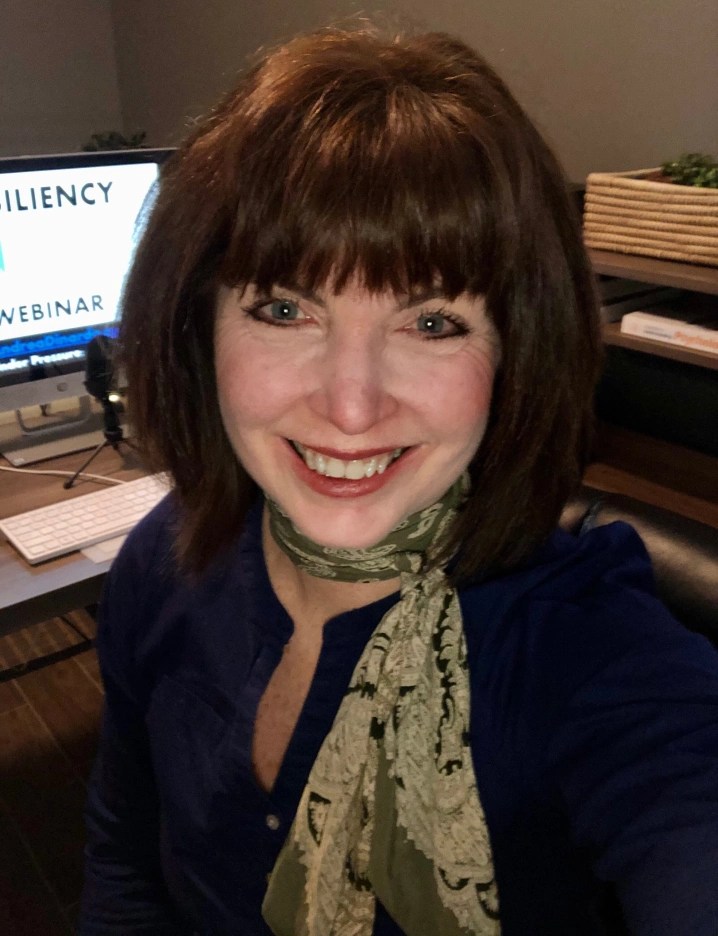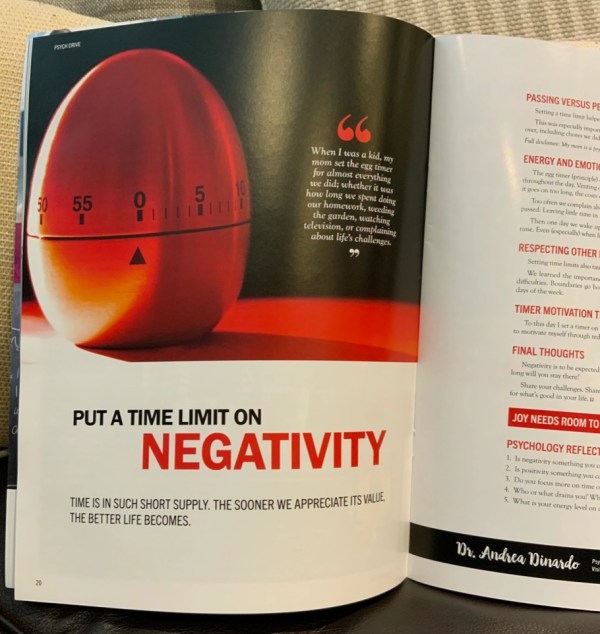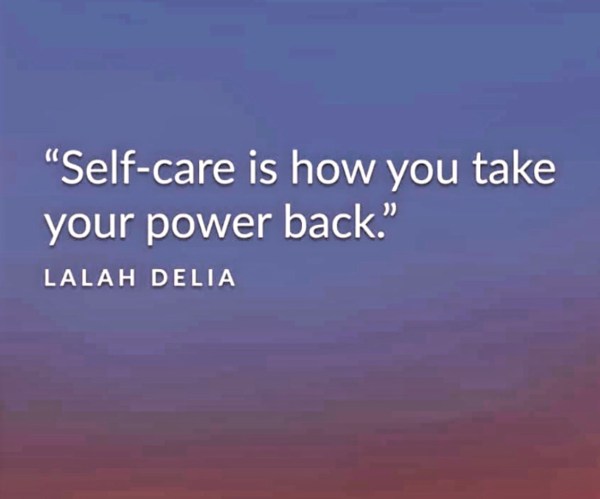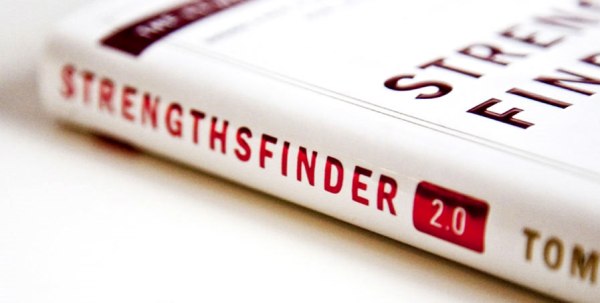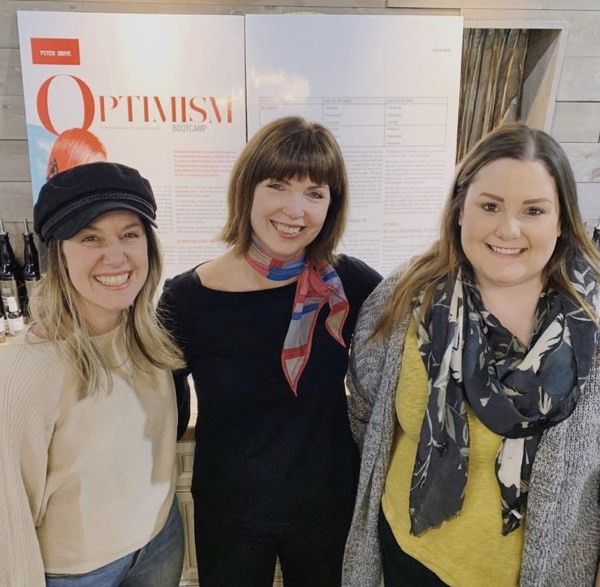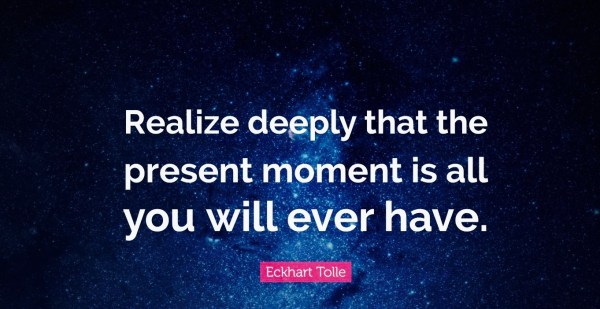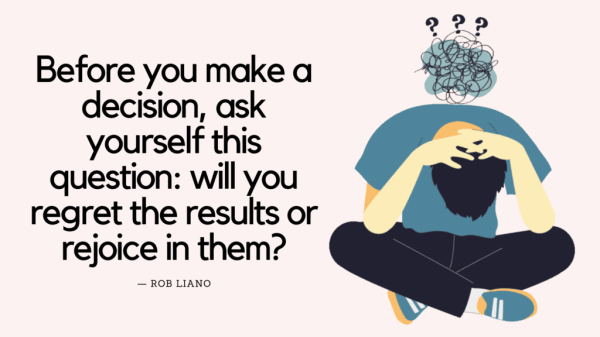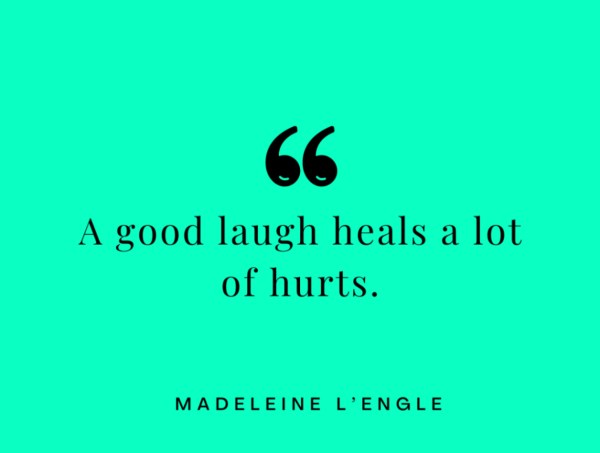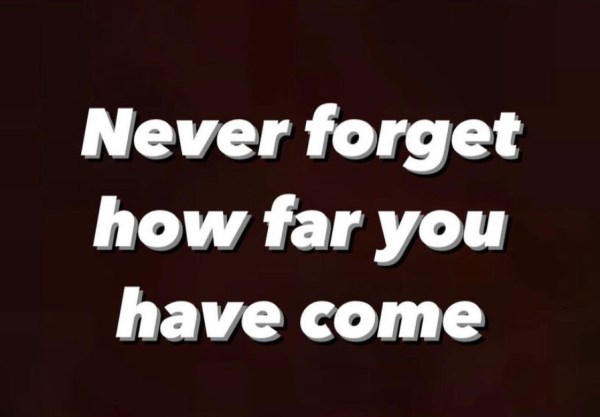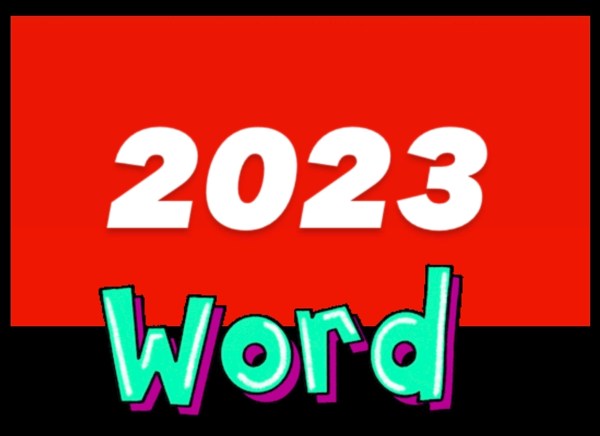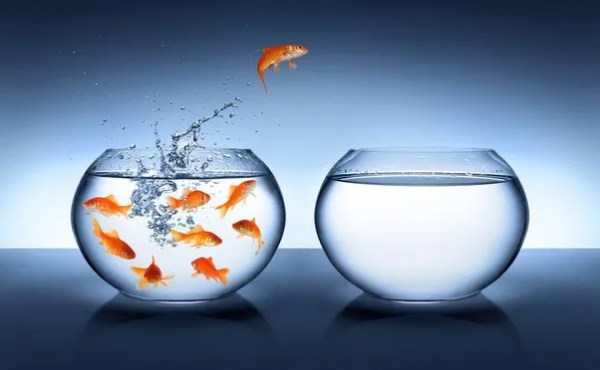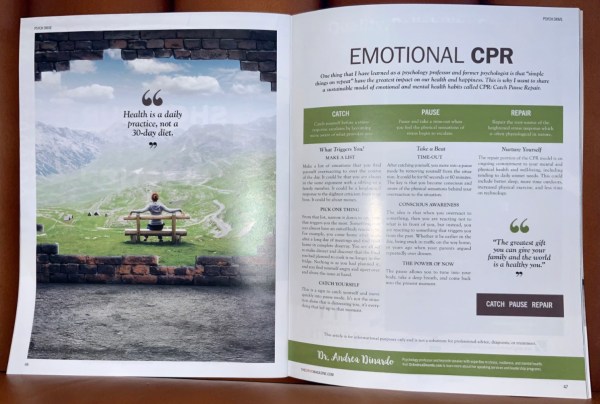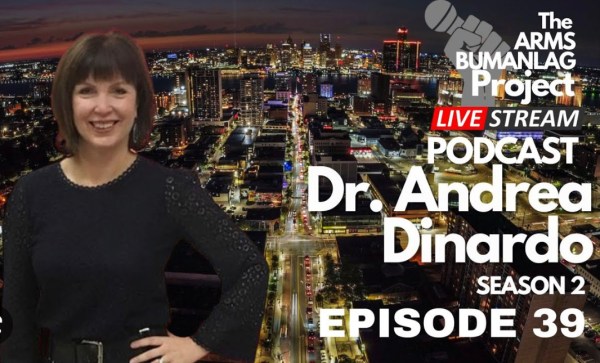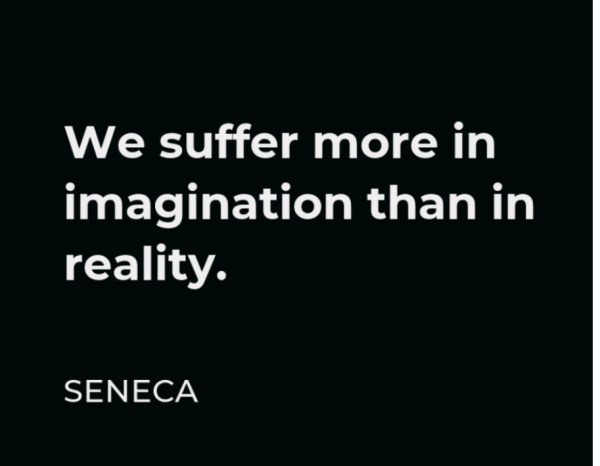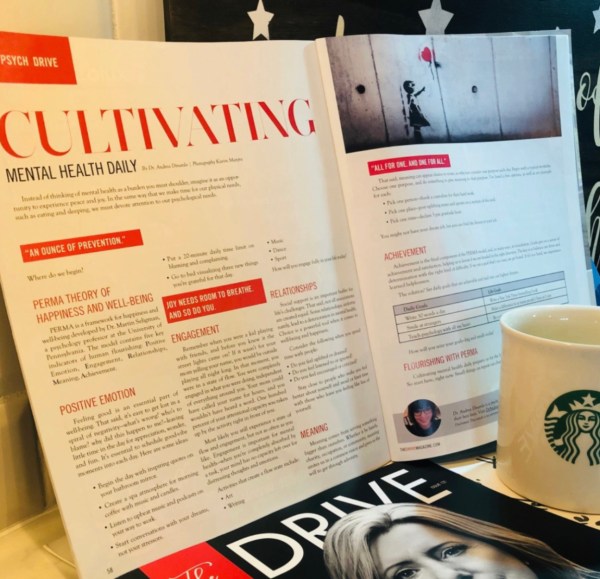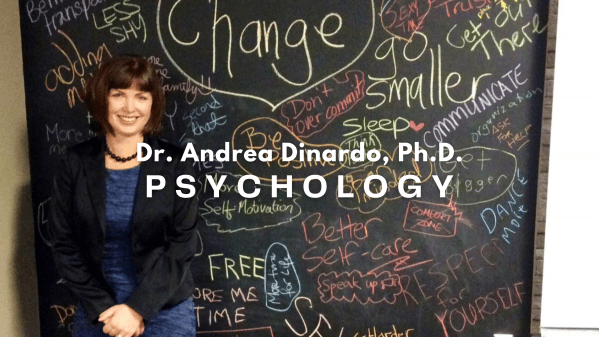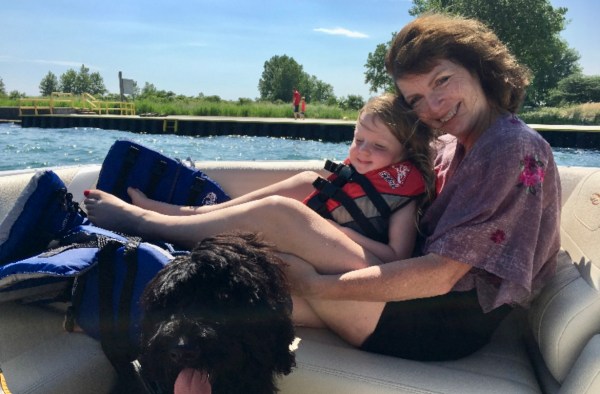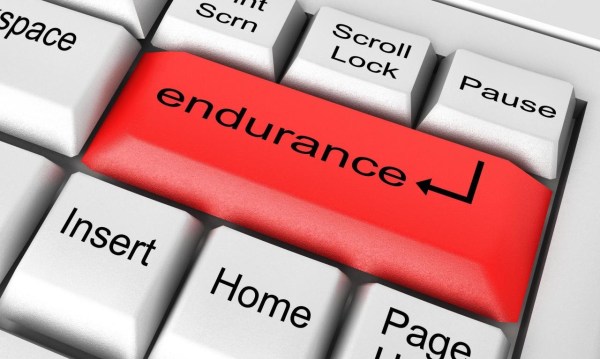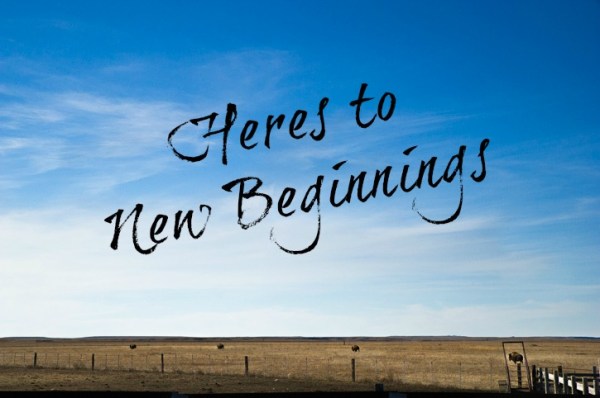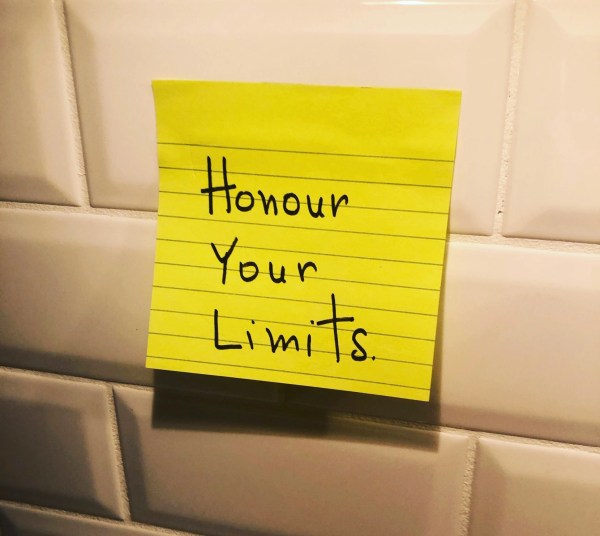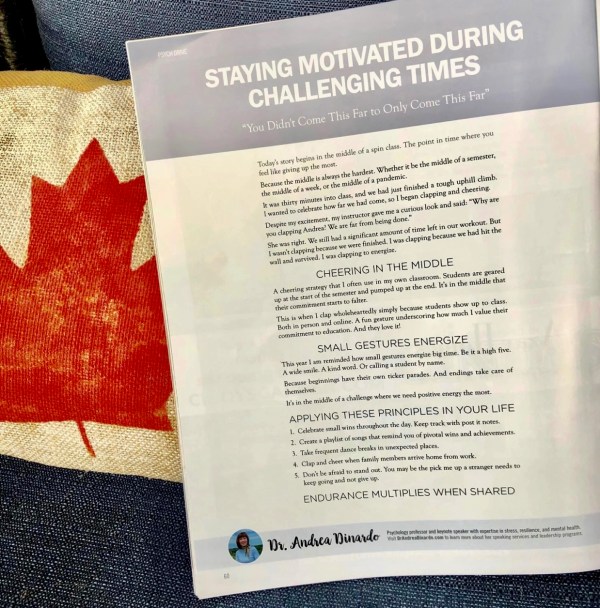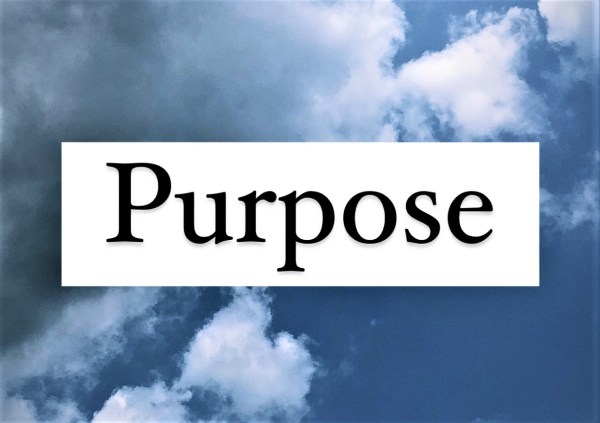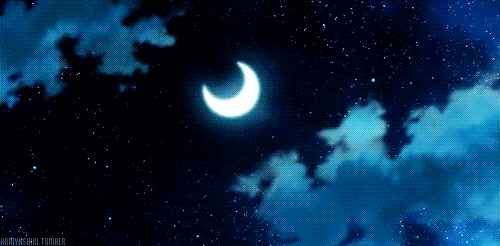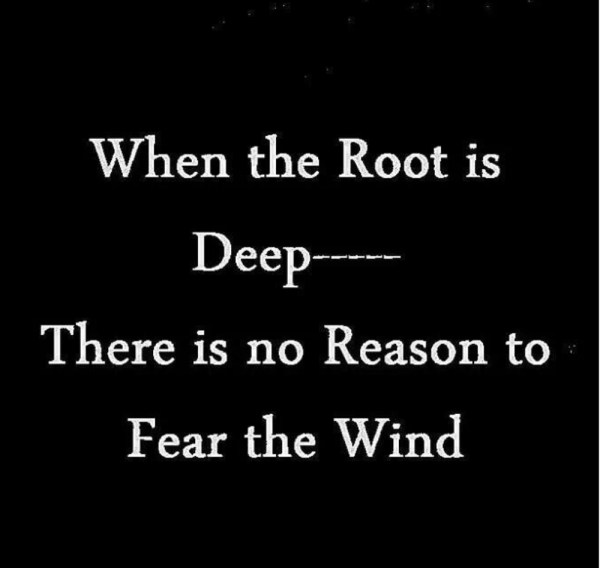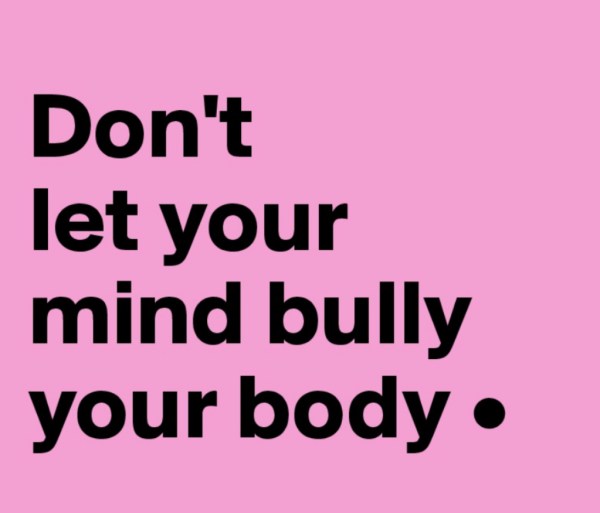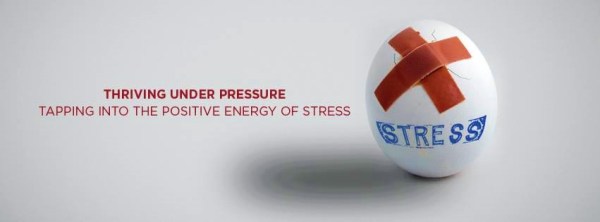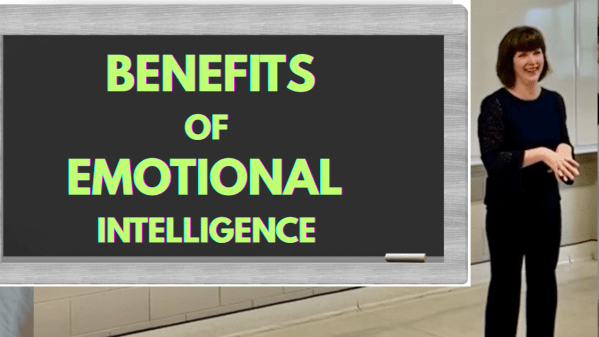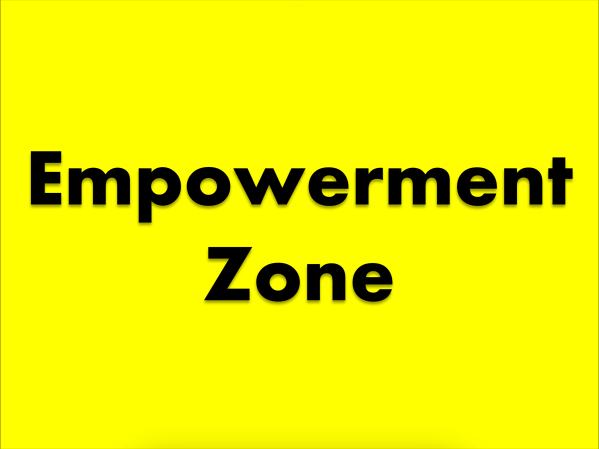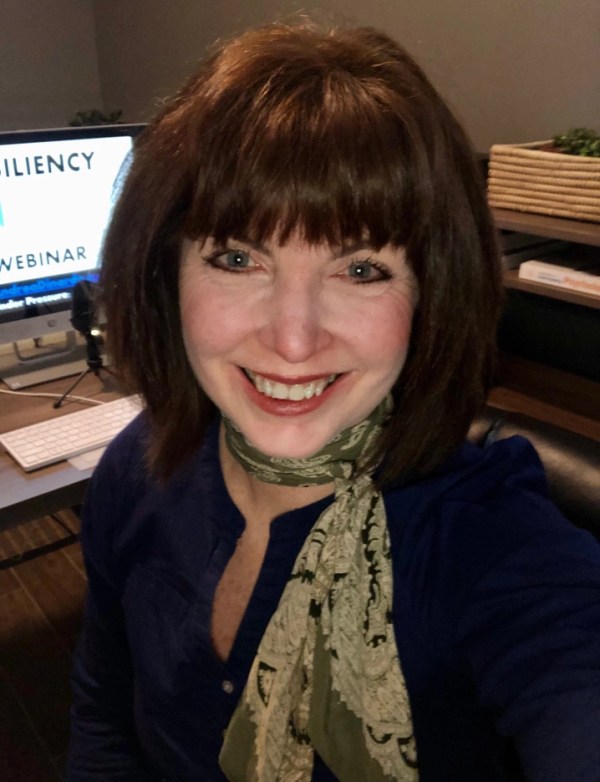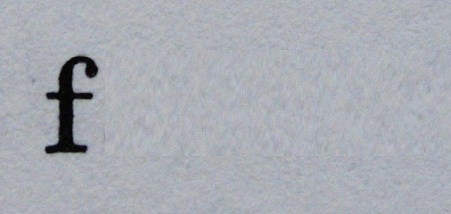https://youtu.be/MXd_bZn1lqo 50 Calming Exercises Light a candle. Notice the flicker of the flame. Open a window. Watch the trees sway in the breeze. Breathe in fresh air. Record last night’s dreams in a journal. Smile while reading this sentence. Dance to a song from your teenage years. Belt out show tunes in the shower. Burn... Continue Reading →
Put a Time Limit on Negativity
https://youtu.be/jq14fr86-Jk Time and Energy Management When I was a kid, my mom set a timer for almost everything we did. Whether it was how long we spent doing our homework, weeding the garden, watching television, or complaining about life’s challenges. 1. Passing vs Permanent Difficulties Setting time limits helped us understand that nothing lasts forever,... Continue Reading →
Twelve Days of Self-Care
I am a strong believer in keeping things simple. The less complicated things are, the more likely we are to repeat the behaviour. Especially when it comes to health and happiness habits. https://youtu.be/0i0tuqAmdaw Twelve Days Day 1: Mindful Mornings Add five to ten minutes of relaxation to each of your morning routines. Time expands when... Continue Reading →
Energy Management
What we give energy to impacts everything. Thoughts Emotions Actions People Some drain. Others invigorate. https://youtube.com/shorts/fKBUoSAw1tY?si=XnBDucWk31XIbvrk Awareness is the first step to enhancing vitality. The goal is to identify the source of energy leaks and peaks. Where to start? https://www.youtube.com/watch?v=RK7EzyPXRPA My interview on FM 105.9 The Region was designed to help people become more conscious... Continue Reading →
Freedom is realizing you have a choice
Freedom doesn’t come from holding on. Freedom comes from letting go. Again and again and again. Universal Experience Too often we are hard on ourselves for having to release the same thought, emotion, person, or situation. When in fact that’s how life goes. For all of us. Letting go and surrendering are an ongoing daily... Continue Reading →
Psychology on YouTube
https://youtube.com/playlist?list=PLlPm9OCnSiX1LK7Mef6fn19tKZqIkxzn1&si=pz4QC7U84ulksfmc PSYCHOLOGY VIDEOS I launched my YouTube channel in 2015 to share quick, three-to-five-minute psychology lessons for busy viewers. Over time, I expanded the content to include interviews, workshops, and speeches—making psychology accessible through fun, educational, and uplifting formats. Link to Channel: https://m.youtube.com/c/DrAndreaDinardo https://youtube.com/shorts/p26dJkYfA2U?si=ThVFsfWaDC85_7lh LEARN MORE YouTube: Click Here Blog: Click Here Twitter: Click Here TEDx Talk: Click Here... Continue Reading →
Protected: Speaking and Training with Dr. Andrea Dinardo
There is no excerpt because this is a protected post.
Coping with Holiday Stress: Tips to Thrive
https://youtube.com/shorts/tIKPb7edW_w?si=rJrQdgtgJ8SR9krs Do you find Christmas holidays stressful? If you’re anything like Santa, you answered yes! Santa feels the pressure too. Something I wrote about in the Drive Magazine . Including the benefits of leaning into difficult emotions. Because the more we resist discomfort, the longer it lasts. "The root of all suffering is attachment." Buddha https://youtu.be/JU1eYOWaleg?si=m1ItZDTBNHMoLdTN Stop... Continue Reading →
The Sweet Spot
https://youtu.be/fd9TrYI75o0?si=0gaSNLNAWVqWOAE8 The sweet spot is the moment in life when you realize you have arrived and the most interesting part is that you haven’t gone anywhere. Instead, you finally come home to the present moment. The here and now. The sweet spot. Nowhere else to be. But here and now. Right Here. Right Now. The... Continue Reading →
Delaying Gratification Doubles The Reward
https://youtube.com/shorts/Bvo0FXfS7t4?feature=shared When faced with a choice, ask yourself: Do I need to slow down? Am I being impulsive? Will I have regrets? Do I have all the information? Is it worth the wait? https://www.youtube.com/watch?v=rXZvf2_UHJ0 Reflection Questions 1. Do you consider yourself a patient person, an impatient person, an impulsive person? Does your answer depend on... Continue Reading →
Laughter is the best medicine
https://m.youtube.com/watch?v=cFzHZ8JYVWk We live in a world weighed down by tragedy and adversity. And we have been conditioned to believe that tragedies require tragic mindsets and hardships demand hardened spirits. We also live in a world overflowing with abundance and joy. https://youtu.be/d4C0_7En6ZY But we cannot see the good from the bad when we are blinded by... Continue Reading →
Self-Talk That Lifts You Up
“Be mindful of your self-talk. It's your conversation with the universe.” As humans, we can’t help but look to the next rung on the ladder. Forgetting the 100 rungs we have already climbed. https://youtu.be/1ALCrzw_1Xo Today’s Psychology Challenge Take note of the trail behind you. The hard work. The success. The heartbreak. The soul awakenings. The... Continue Reading →
One Word Vision for 2023
What’s your one word vision for 2023? Growth Space Peace Freedom Adventure Joy Empowerment https://youtu.be/2l6sO_77nw0
Growth Mindset in Challenging Times
https://youtu.be/ldOlNJ0ds0c The idea we have for our life rarely matches up with the life we end up with. Plan A is fantasy. Plan B is reality. Growth is not a straight line, which is often a blessing in disguise, yet something we seldom realize in the thick of life. How do we move on from... Continue Reading →
Emotional CPR: Catch Pause Repair
I created a technique called Emotional CPR: Catch Pause Repair, to empower students in times of stress and overwhelm. Video Format https://youtu.be/KVfeKg78fEY https://youtu.be/8VvwITnvrhs https://youtu.be/DbBwCkQ9sKI?si=SRgBxAe8uX4boR0n Written Format STEP 1 CATCH What Triggers You? Catch yourself before a stress response escalates by becoming more aware of what provokes you. Take Inventory Make a list of situations that you find yourself... Continue Reading →
Psychology Interview with Arms Bumanlag
Interview #1 https://youtu.be/qJfPHOVXEPU?si=zAPYaPMLSTS0w8yr Interview #2 https://youtu.be/xwnQthkxSq8 What psychology topics are you interested in learning about?
Back to school!
Today marks my 20th orientation with Bachelor of Science Nursing Students at St. Clair College. No matter how many years I attend Fall orientation, it feels like the first time. No matter how many times I work with students, it never gets old. Their first class is my first class. https://youtu.be/4J4oL093oU0 Their struggle is my... Continue Reading →
The Stories We Tell Ourselves
https://www.youtube.com/watch?v=119i-Qv-ep0 The Stories We Tell Ourselves In this psychology video and article, I share concrete strategies. These strategies help in transforming painful emotional experiences. They use a model of cognitive psychology. An A-B-C Formula for reality testing that is especially helpful during outer circumstances beyond a person’s control. What’s real? What’s distorted? A-B-C Scenario The... Continue Reading →
Positive Psychology in Education • Mental Health • School Board Speech
https://youtu.be/I08EUaQ8g9Y I had the opportunity to give a psychology speech on cultivating mental health daily at the Greater Essex County District School Board in Windsor, Ontario, Canada. Audience Members The audience was comprised of education support staff and front line workers, including Education Assistants, Child and Youth Care Workers, Developmental Services Workers, Teachers, Social Workers,... Continue Reading →
Embracing Change | Interview & Article
Change is both personal and universal. Everyone goes through changes and transformations. We are born. We grow old. What sets us apart is how we experience change. https://youtu.be/rUWGr_GwzhM FACTORS TO CONSIDER 1. Personality of Change How we perceive the world has a significant impact on how we experience change. Type A vs. Type B Individuals... Continue Reading →
Peace Lives Here
Peace happens in moments. Not days. Not weeks. Not years. Hot coffee. Cozy blankets. Birds singing. Deep breathing. https://youtu.be/tNXR9hCHZoc?si=lNaH-DE2kxo60oYe Peace happens in moments. Not days. Not weeks. Not years. Savour the sunshine. Taste every morsel. Dance with abandon. Stroll by the moonlight. Go for a bike ride. Peace happens in moments. Not days. Not weeks.... Continue Reading →
Psychology Class on Addiction and Stigma
https://youtube.com/shorts/3WYW4vkbSMU?feature=shared BELOW THE SURFACE PSYCHOLOGY LESSONS In psychology class this week we are talking about stigma and drug addiction and why it’s important to lean in, listen, and get curious about why people do what they do. End the stigma. Change lives. COMMUNICATION CLEAR AND CONCISE The second topic of discussion in psychology class is... Continue Reading →
WHAT’S IN MY CONTROL?
Locus of Control is a key ingredient in resilience. Assessing what is within your control and sphere of influence is crucial. Decide what to let go of and what to surrender. This exercise should be practiced daily for optimal mental health and energy. https://youtu.be/W7dz0FvnkxY?si=WhAFJHR53EIV9q_p PSYCHOLOGY TEST Locus of Control TestDownload PSYCHOLOGY REFLECTION What’s within your... Continue Reading →
What’s Your Endurance Mantra?
Transforming our mindset from pain to power and stress to strength is key during uncertain times. And particularly important for students as they complete exams this semester! Watch the video below to hear my endurance mantra during a difficult spinning class at a local gym. https://youtu.be/nD4LmUHG2vM An endurance mantra I use during workouts, in the... Continue Reading →
Free Your Soul
https://youtu.be/1dwCnVQhpQ4?si=4r9fjY0ii_Cw_QNc Soul Reflections ⚜️ What do you need to LET GO of to feel a sense well-being? ⚜️ Who and what do you no longer want to be OBLIGATED to? ⚜️ If you had only one year to live, what five things would you STOP doing? ⚜️ What JOY do you wish you had more... Continue Reading →
Don’t be pushed by your problems — Be led by your dreams
https://youtu.be/YbMOOGW_A2Y Back on Campus In this psychology video I share one way I engage students at the start of a semester, including this past week when we were back on campus for the first time, in a very long time! Transcript of Psychology Video Read Here Show Them You Care Connecting with students from a... Continue Reading →
Face Everything and Rise
Fight or Flight Threat Response Every time we feel threatened (threat is the fundamental definition of stress) our first instinct is to “fight or flight“. This perpetual “fight or flight” response loop eventually creates a host of secondary problems, above and beyond, the original stressor. Powerpoint Slide from Broaden and Build Leadership Event, January 2022... Continue Reading →
Lighten Up in 2022 — Positive Emotions & Problem Solving
“Your heart is the light of this world. Don’t cover it with your mind.” Lighten Up in 2022 The solution to a problem is rarely found in the source of the problem. This is why it’s important to lighten up before tackling difficulty. Problem Solving from a Higher Place Positive emotions heighten our awareness and open our minds to... Continue Reading →
Honour Your Limits
Today’s Reminder That You Are Human Honour Your Limits. In every area of your life. It’s not a race. https://youtube.com/shorts/OT3d7YLBthQ?feature=shared It’s a lifetime. Pace Yourself The world needs what you have to give — long-term. In every area of your life. It’s not a race. It’s a lifetime.
Anchor Yourself With Light
Take a moment and anchor yourself with something that lights you up. That reminds you that you are not alone in this storm. You have been here before. It may have been a personal pandemic, not a global one. But somehow, deep inside, you made it through. And you will again. You have the courage,... Continue Reading →
Staying Motivated During Challenging Times
Today’s story begins in the middle of a spin class. The point in time when you feel like giving up the most. Because the middle is always the hardest. Whether it be the middle of a semester, the middle of a week, or the middle of a year. It was thirty minutes into class, and... Continue Reading →
Empowering Conversations About Change
Psychology of Change During this week’s health psychology lecture, we talked about the psychology of change, including the parts of our lives that remain ‘unchanged’ during rapid and unexpected change. https://m.youtube.com/watch?v=4UkgwELpI0M What Remains During Change? The Sun Still Rises Coffee Tastes Delicious Trees Greet You on Your Walk Favourite Movie Still Delights Bed is Comfie... Continue Reading →
Resilience Articles
I am excited to share that I am once again writing the Psych Drive column for The Drive Magazine. Topics include mental health, motivation, wellness, stress, resilience, and positive psychology. Resilience Talks In addition to writing for The Drive Magazine, I also offer virtual and in person keynotes and workshops on stress, resilience, and mental... Continue Reading →
What’s my purpose?
What's your perspective on purpose? Is it something you do or something you are? Is it ignited at birth? Or at work? Does it expire at death? Or when you retire? https://youtu.be/0WA8LzF5m3Y The way I see it. Purpose is for a lifetime. It's what lights you up, and sets your soul on fire! Video of... Continue Reading →
5 Mindfulness Techniques
1. Be Here Now https://m.youtube.com/watch?v=EiuTpeu5xQc&feature=emb_title Stop Take a breath Observe Proceed 2. Create Space https://m.youtube.com/watch?v=fXNo7GUDizM “Between stimulus and response there is a space. In that space is our power to choose our response. In our response lies our freedom.” Viktor Frankl 3. Find Your Flow https://youtu.be/mZ_bI_t_L_E In psychology, flow, also known as being in the... Continue Reading →
Let Your North Star Guide You
Mindfulness Tip: Look Up The sky connects us to something bigger than ourselves. Challenges appear small in comparison to the vastness of the sky. Solutions seem plausible. Answers come more easily. In the presence of stars, we embrace the profound and surrender it all. https://www.youtube.com/watch?v=0gMq9BNKvOA
What helps you adapt to change?
What helps you adapt to rapid, unpredictable, unexpected change? I asked this question of student leaders at a province wide conference. See student answers on the chalkboard below: My answer on the chalkboard was: GO SMALLER One day at a time. One hour at a time. One class at a time. Microseconds sometimes.. https://youtu.be/rUWGr_GwzhM Your... Continue Reading →
The moment of surrender is not when life is over. It’s when life begins.
https://youtu.be/W7dz0FvnkxY?si=WEfPsjb9TVnDgRTK Surrender is not giving in. Surrender is not giving up. It is trusting in something bigger than yourself. Something you can’t quite see. https://youtu.be/I7YD4A900-4 Quietly unfolding. Slowly expanding. In your favour. Behind the scenes.
Psychology of Body Image: Don’t Believe Everything You Think
https://m.youtube.com/watch?v=9hhtrE8yxCU Perception versus Reality I was motivated to write this post and film an accompanying video after witnessing so many students overwrought by thoughts of inadequacy about how they looked. In reality, there was no doubt that they were healthy and whole, but in their minds, they believed the opposite. A phenomenon heightened by imaginary audience... Continue Reading →
What has 2020 awakened in you?
https://www.youtube.com/watch?v=nRxRpaWISMc How is everyone doing? How are you coping? How has your perception of yourself and the world evolved? How has 2020 transformed you? What do you believe is the higher purpose in all of this? I Am Waking Up After socially distancing and working full-time from home as a psychology professor (now online), I... Continue Reading →
Love is a Language – What’s Yours?
How do you express love? Take Quiz The 5 Love Languages Quiz for Singles: Click Here The 5 Love Languages Quiz for Couples: Click Here Paper Version of Quiz — Tap on Photo Below Love and Social Psychology One of the reasons I love teaching psychology is that it gives me the opportunity to share... Continue Reading →
Emotional Intelligence Tips and Techniques
https://youtu.be/H0FukgqItxM Emotional Intelligence Tips and Techniques This list was created for students embarking on a new career. It also includes EQ techniques helpful for everyone. Connect with intention. Before engaging with someone online, take a step back and ask why you are doing so. What is the purpose of the interaction? What are you hoping... Continue Reading →
What advice would you give your younger self?
ASK DR. D … ANYTHING! At a recent leadership conference, student leaders from St. Clair College's Student Representative Council SRC had the opportunity to ask questions live during the final portion of the training event. Questions & Reflections The student leaders raised the reflection bar high during this discussion period. One Question Stood Out The... Continue Reading →
2020 Life Lessons: Be Strong Enough To Be Gentle
2020 had us spending a lot of extra time with the ones we love. Especially during the holidays. And if you’re anything like our household, it requires a whole new level of relationship skills. A deeper level of empathy and compassion for the pressures of the people we are living with. Helpful Tips: Psychology Today... Continue Reading →
Catch Pause Repair (CPR): Healthy Workplace Awards Keynote Speech
https://www.youtube.com/watch?v=8VvwITnvrhs Healthy Workplace Awards This week I did a keynote speech at the Healthy Workplace Awards Ceremony. Given all we are collectively going through, I thought the notes and video from the keynote would be helpful to everyone. News Release: CTV News Especially as we wrap up this year. A year where we collectively experienced... Continue Reading →
You are enough, just as you are.
https://www.youtube.com/watch?v=ygkRUiRacSE You are enough, just as you are.💕 Mirror Exercise: Waking Up with Love
Shine your light
https://youtu.be/pjxCsK2qudw?si=xHsV_IBAKQq47am2 I used to think of life purpose as some great big grand scheme for life, something we spend our whole life chasing after. Daunting for sure. At times overwhelming. Then one day I realized that life purpose was a series of small, fleeting events, rather than one great big span of life. Bite size... Continue Reading →
New Virtual Experiences
Staying Hopeful I wanted to share how I have been keeping hope alive in my heart and soul during 2020. Specifically, by expanding my reach with new virtual experiences. Beginning in the spring with my first "live" recorded internet event with Sam Piercell, a fitness entrepreneur, from Windsor, Ontario. 1. F45 Live Event: Community Resilience... Continue Reading →
Anxiety Relief Technique
FEAR is an illusion 5 Why's Technique The 5 Why's is a simple and effective technique for understanding the source of our fears and cognitive distortions (irrational beliefs) one why at a time. Exploring the Unconscious Mind An analytic (below the surface) strategy originating in the psychoanalytic theories of Sigmund Freud and Carl Jung. What's... Continue Reading →
Enjoy Every Moment
https://www.youtube.com/watch?v=fd9TrYI75o0 Never let the things you want make you forget the things you already have. Nothing Lasts Forever. Good or Bad. Enjoy Every Moment. Embrace it. Be it. See it. Everything you appreciate is you reflecting back. Homework for Today Look Around You. Notice Things Like You Are Seeing Them for the Very First Time.... Continue Reading →
Failure as Feedback
https://www.youtube.com/watch?v=810whIFASFI&feature=emb_title "Every adversity, every failure, every heartache carries with it the seed of an equal or greater benefit." With time, I have come to realize that failure has always been my greatest teacher. Each failure pointed me in a better direction and helped me to develop strength and authenticity, ultimately unveiling who I was and... Continue Reading →
Energizing Self-Talk
How we talk to ourselves matters. Especially at the start of a brand new day. The way I see it, our thoughts are the lyrics to the daily soundtrack of our lives. A topic I discuss with love and laughter during my Women With Drive Speech. Video below ⬇️ https://www.youtube.com/watch?v=1ALCrzw_1Xo Try This One Day at... Continue Reading →
